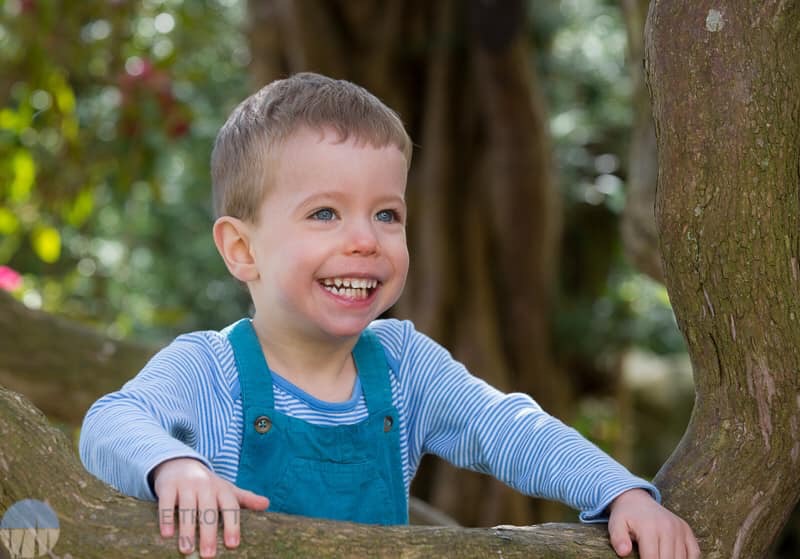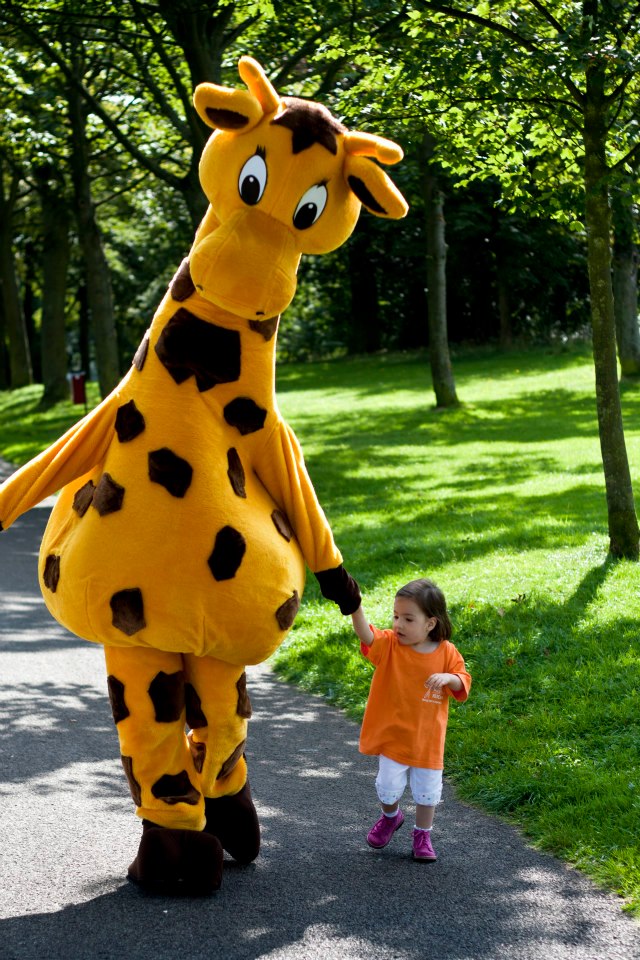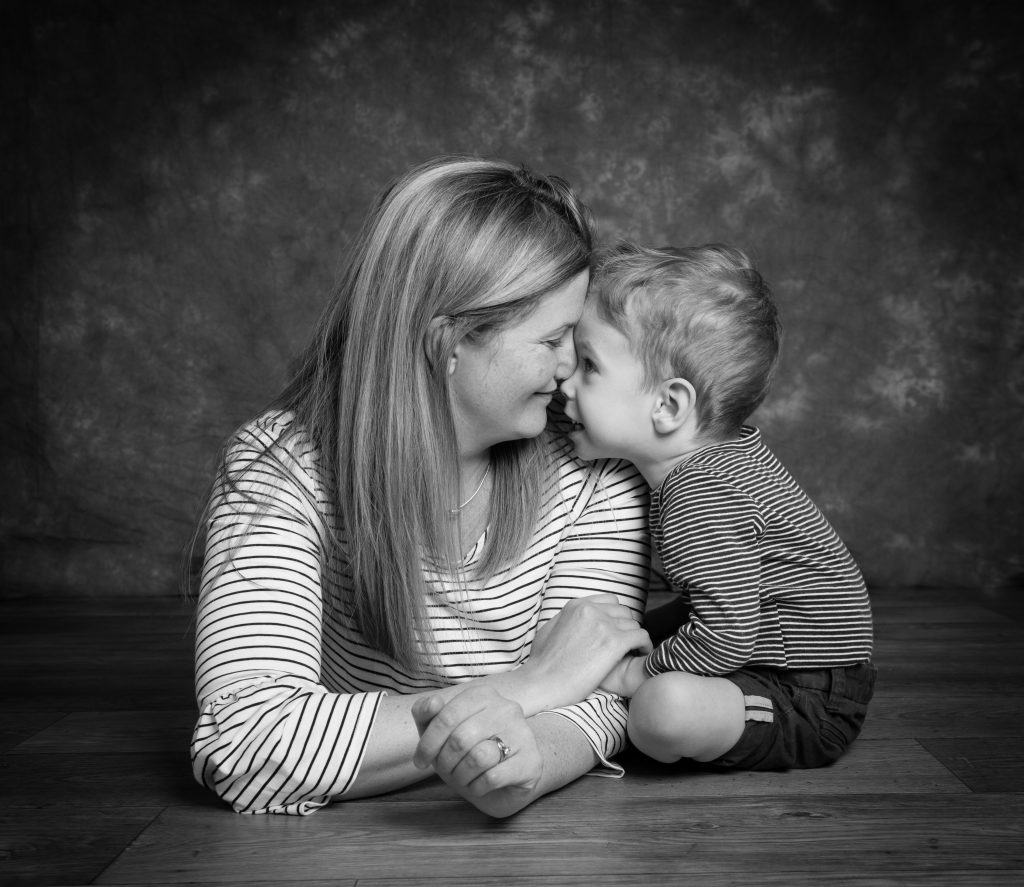I’m sure none of us imagined that we could ever spend over a year in lockdown and the world would virtually grind to a halt because of a pandemic. There is no question that the pandemic has turned everyone’s lives upside down and presented many challenges. It has also, however, presented many opportunities…….
FPWR UK is all about raising funds to promote research into Prader Willi Syndrome. Research that will help provide treatments and therapies that will improve the lives of our loved ones. For this reason, the more awareness the wider population has of science, research, and its benefits in general, the more the PWS community will benefit. I’ll now discuss the opportunities as I see them in turn.

Albie smiling 
PeeWee 
Louise and Albie
- Where there’s a will there’s a way. The benefits of global co-operation.
Covid-19 has not just affected a few, it has affected everyone and as such it has required a global response to the globe back on track. Developing a vaccine in under a year is phenomenal! The same stringent processes were followed as they are with all vaccine development. So how did they do it?
There are several reasons, firstly researchers were not starting from scratch when they learned about SARS-CoV-2. Coronaviruses have been studied for over 50 years so scientists already had data on the basic structure, genetics and life cycle of this type of virus.
Secondly in a pandemic, time is not a luxury we can afford so researchers quickly mobilised to share their coronavirus data with other scientists which allowed the full genomic sequencing of the virus to be established a mere 10 days after the first reported infection in Wuhan.
Thirdly, vaccine development is expensive. So many research trials do not complete due to lack of funding. This wasn’t the case during our global pandemic. Any expense incurred had money thrown at it from every direction. This development was never going to be slowed down by a lack of funds.
Finally, it is not uncommon for phases of clinical trials to be combined and still be held to the same ethical, scientific and statistical standards as if they were done sequentially. This, together with a large pool of volunteers and testing sites allowed for the data to be expedited.
Just imagine what we could achieve if we had the same force of will behind finding treatments for some of the more debilitating aspects of PWS.
- Understanding is pivotal for developing treatments!
Researchers couldn’t even begin to explore vaccine development until they had a sound knowledge of the virus. Understanding is everything.
Therefore, understanding how PWS affects the functioning of individuals is pivotal to developing treatments and why this building block research is still so important.
For example, one study underway at the moment is by Dr Resnick who has developed a mouse model of PWS that allows the precise activation of the genes silenced on the maternal chromosome 15. This will enable scientists to get an idea of the effect of turning these silenced genes ‘on’ and the impact it will have on the expression of the condition. If it has an impact, they will start to look at how late in pre or postnatal development these genes need to be activated to have a beneficial effect on the affected individual’s development.
- Understanding of clinical trials – If at first you don’t succeed, try, try and try again!
I bet if you asked the average person on the street what a clinical trial was two years ago, they wouldn’t have a scooby. Fast forward to 2021 and I think most people would be able to tell you at the very least that they are what is used to test the effectiveness and safety of a new drug.
A lot of time, effort, expertise goes into the running of clinical trials though only 2 out of 5 typically reach approval. There can be many reasons for this, it doesn’t always mean that the drug/treatment is not effective.
In many PWS trials, as it’s a rare condition, some trials fail due to a lack of participants. It wouldn’t matter how effective the drug is if the sample size is too small, thereby rendering the results unreliable. This is why it is so important that we a) continue to raise the funds to run these essential clinical trials and b) ensure our community understands the benefit of taking part in order to build our understanding and help make progress in treating PWS.